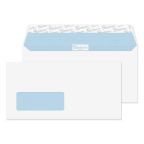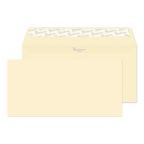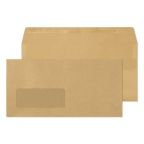Blake Envelopes
Blake Envelopes
3 Produkter som visas för Blake Envelopes
1 av 1
Sista RS lager
- RS-artikelnummer 265-5507
- Tillv. art.nr 32216
- Varumärke Blake Envelopes
- Kuvertstorlek DL
- Produkttyp Kuvert för postbefordran
- Färg Vit
- Förslutningstyp Tätning, Skal
Antal (1 enhet)
805,67 kr(exkl. moms)
För närvarande inte tillgänglig
- RS-artikelnummer 265-5550
- Tillv. art.nr 61882
- Varumärke Blake Envelopes
- Kuvertstorlek DL
- Produkttyp Kuvert för postbefordran
- Färg Gräddvit
- Förslutningstyp -
Antal (1 enhet)
951,03 kr(exkl. moms)
Sista RS lager
- RS-artikelnummer 265-5453
- Tillv. art.nr 11884
- Varumärke Blake Envelopes
- Kuvertstorlek DL
- Produkttyp Kuvert för postbefordran
- Färg Manila
- Förslutningstyp -
Antal (1 enhet)
570,80 kr(exkl. moms)
Resultat per sida


